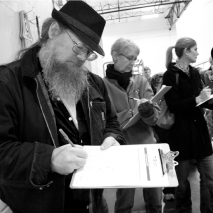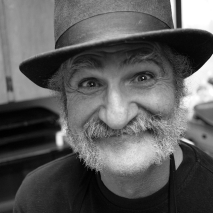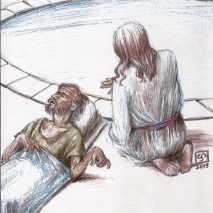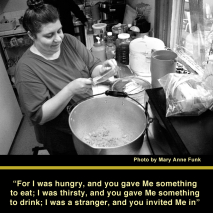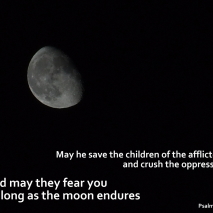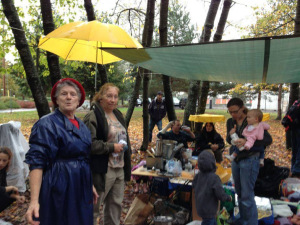 I am a big believer in doing what Jesus says.
I am a big believer in doing what Jesus says.
Moses has got some wisdom, Solomon should be taken with a gain of salt, Paul is easily misunderstood, but Jesus, he’s my guy. Being my Lord and Savior, you know.
So Jesus said, “Give to everyone who asks of you.”
When I really looked at that command, REALLY looked, that was a difficulty. I mean, what if someone asks for my house? What if someone asks for my car? Another translations says, “Give to those who beg,” but the Greek word isn’t “beg”, it’s the most common word for “ask” or “request.” In the context, Jesus is talking about loving enemies and his emphasis is to give to everyone, without exception.
So I tried it out.
Every person who held a sign, I gave to. If they asked for money, I gave them that. If they asked for food, I gave them that. If a person asked for my time, I gave them that. If someone asked for a place to crash for the night, I gave them that. And sometimes that didn’t turn out well. A couple people were using drugs in my bathroom. A couple people took things from my house.
I needed to think about this, in the context of what Jesus was saying.
First, Jesus said I had to love everyone, without exception. That meant my family too. So there were people in my household (family and non-family) whom I am required to care for, but if I harm their well-being by helping others, that isn’t so great. That isn’t loving everyone. So I can fail to keep Jesus’ command by obeying Jesus’ command. This requires wisdom. So I only invited people in my house whom I knew wouldn’t harm others in the house.
Second, Jesus said I had to love. Not all giving is loving. When we pray to God, he doesn’t give us what we ask for all the time. He gives us “every good and precious gift”. Only good things, not things that would harm us. A loaf of bread, not a snake. So we need to give in the same way. I needed to make sure that what I gave benefited the other person, not just whatever they asked for. This also requires wisdom.
To give according to love requires listening and paying attention to other people. What do they really need? What are they really asking for? Jesus himself did this when he didn’t just heal a blind man, but asked him, “What do you want?” Giving isn’t a one way street. It begins with a dialogue.
Often I can give to make me feel good. I need to give to truly benefit the other in front of me. Sometimes I can get some food from a local store and that’s enough. But most of the time, my giving requires more work and wisdom than that.
But I realized in giving









